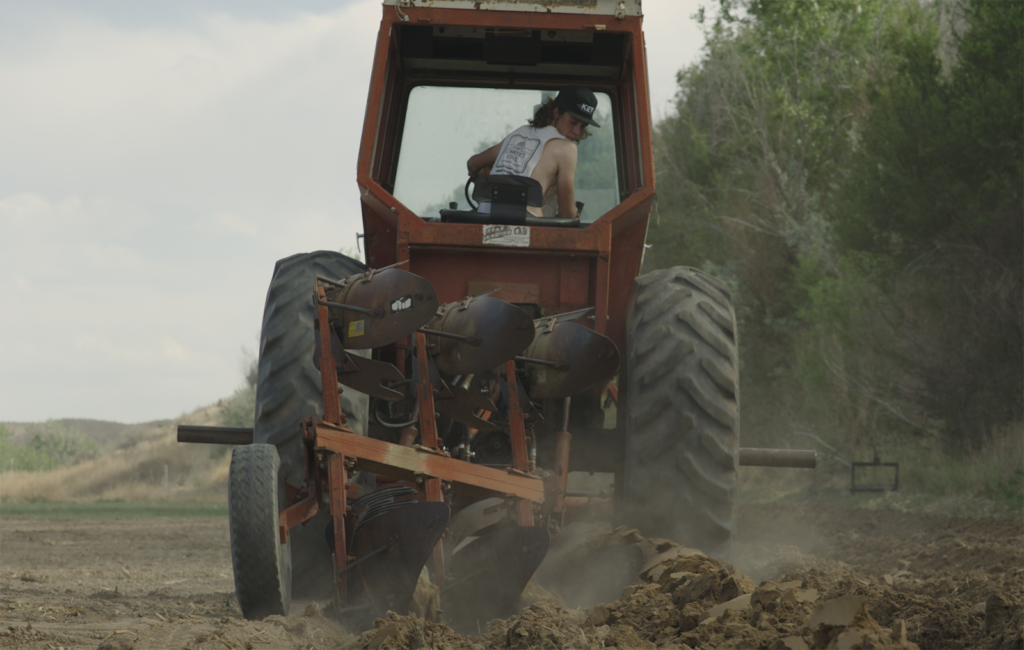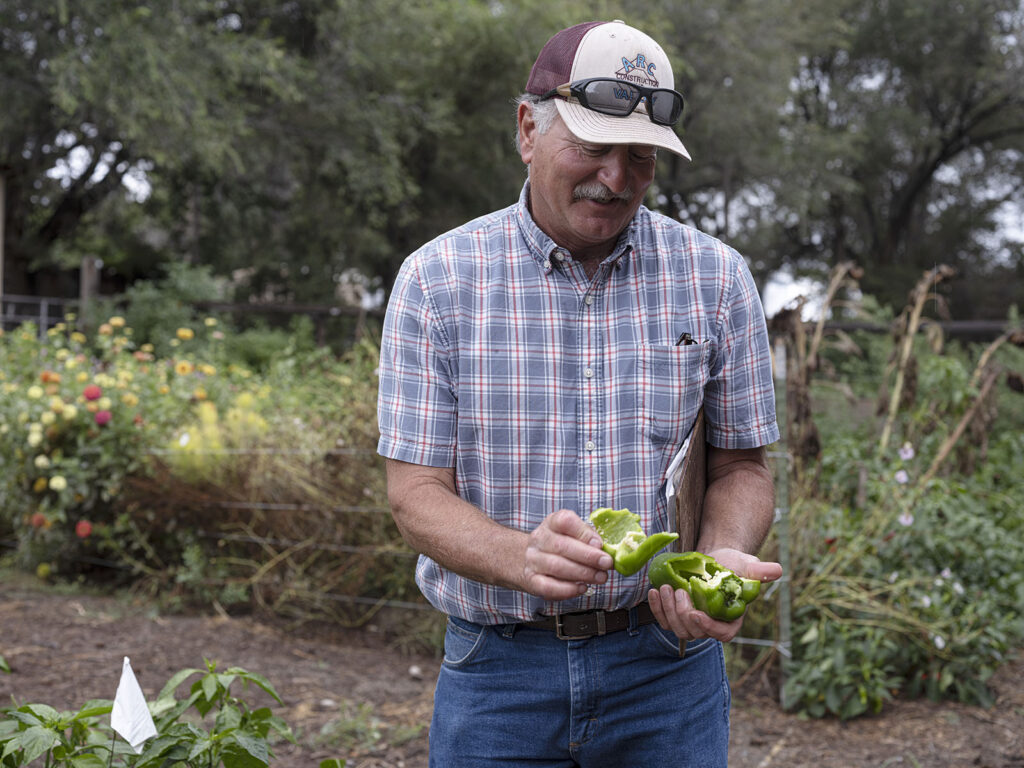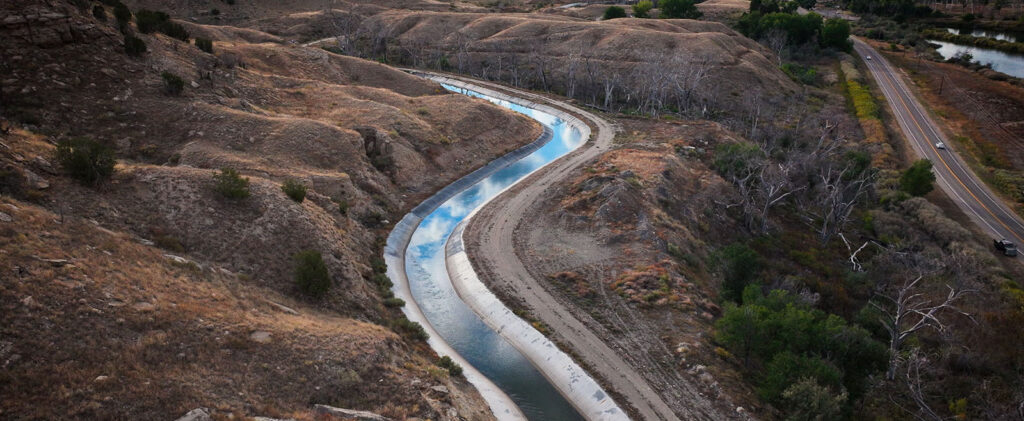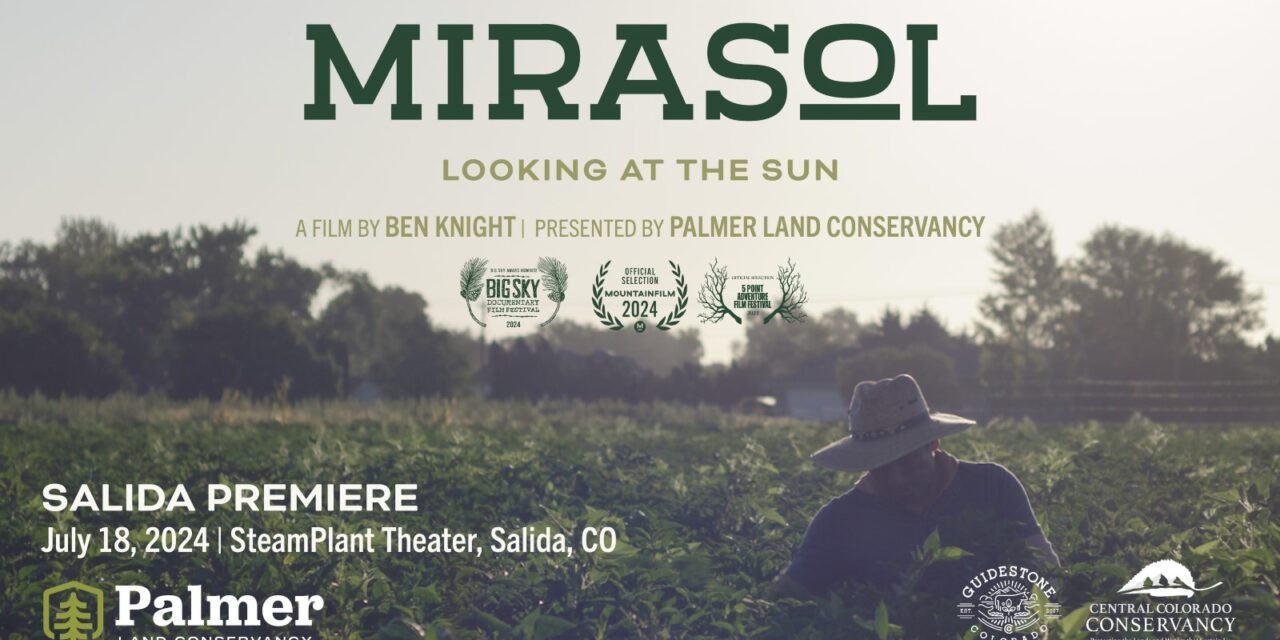The Salida SteamPlant Theater will screen the critically acclaimed documentary film “Mirasol: Looking at the Sun” at 6:30 p.m. Thursday, July 18.
Award-winning director Ben Knight has created a powerful film that highlights quintessential American values embodied in a small farming community in the Arkansas River Valley – St. Charles Mesa, best-known for its Pueblo chiles.
As the film reveals, the members of this tight-knit farm community work some of the most fertile ground in the region but face increasing threats to their livelihoods and traditions.
Like many Colorado communities, St. Charles Mesa was created by immigrants seeking opportunities in the mines and mills of Colorado in the 1800s. Largely Italian and Hispanic, these new Americans did hard labor, scrimping to save enough money to establish their farms and their homes on the Mesa’s fertile soil.
They created a community with an enduring legacy that celebrates the bounty of the land and provides food for our tables. But the community faces an uncertain future as population growth and rapid development encroach upon their farmland and siphon away the water that nourishes their crops.
92-year-old Tony Martellaro spent his life on his family’s farm. “It’s not really big enough a farm to be a moneymaker, but … it’s a helluva good place to live.”
In addition to farming, Martellaro worked at the steel mill in Pueblo to ensure that he could provide for his family. “I think that I’ve done alright in life. I’ve got a wonderful family. … I’ve never been hungry, so if there’s anything else to life, I don’t know what else it could be.”
His grandson, Jace Martellaro, looks to follow in Tony’s footsteps. “I would love to be the person running this place just like my grandpa did. I mean, he would go to work at the mill and then come here and work the farm.
“My dad, he goes and builds houses, and then he comes down here and works the farm. I want to be that next person to do that. My hope is that it stays in the family and we continue the traditions that I’ve always known down here.”

One of those traditions is the Pueblo chile, from which the film takes its name, and which was developed on another family farm by Dr. Michael Bartolo, a third-generation farmer and retired senior research scientist with Colorado State University.
“I don’t see myself as the breeder or developer of a Pueblo chile,” Bartolo says in the film. “I just happened to be the lucky guy that was walking through the field one day and noticed a unique-looking chile pepper. I didn’t breed it.”
Dawn DiPrince, the state historic preservation officer for Colorado, believes, “These things don’t just happen. It really is, like, science and magic and heritage. … All the things have to come together to make it happen. And Mike Bartolo really embodies that.”
From that one chile pepper, Bartolo began saving seeds, and after several growing seasons, a variety developed that he called Mosco, named after his uncle. “And that was really the original form of the Pueblo chile. It was the Mirasol, which is Spanish for looking at the sun. This was a strain that was originally grown here in the early 1900s. We think that (strain) originated … in the Oaxaca region of Mexico.”

Critical to the farms, the community and the culture of the Mesa is the irrigation water delivered by the Bessemer Ditch.
“It’s been the lifeblood of this valley,” says Tony. “Mesa and Avondale and Vineland all depend on Bessemer Ditch water. They’re selling all the irrigation water off; once the water’s gone, that’s it.”
Rocky Musso of Musso Farms worries about the future of his family’s farm and the community as a whole. “I worry about water. I worry about land. The sustainability of making sure that we’re able to do this would be something that would make me sleep better at night.”

DiPrince has seen “entire communities who’ve lost their water to growing municipalities. I absolutely live in fear of seeing that happen in Pueblo County.”
Bartolo echoes her fears. “This land, it should be like our only child. We should be protecting it with everything we have. … The thing that scares me is that there may not be enough people to really care about this place and it’ll be lost forever.”
But perhaps Father Joseph Vigil sums it up best. Every spring, Vigil blesses the farms of the Mesa, and he believes, “The land is sacred. And the land feeds us. And the water nourishes us. That’s how sacred it is.”
Residents of the Upper Arkansas Valley need look no further than the Hill Ranch near Nathrop and the Goodwin Ranch near Howard to see the devastating effects of taking water off of agricultural land to slake the thirst of growing Front Range cities.
“Mirasol” was produced by the Palmer Land Conservancy, which has protected more than 138,000 acres of land since 1977. The land conservancy is a leader in conserving land and water resources by developing innovative solutions that address the challenges of preserving agriculture and a healthy environment in the face of dwindling water supplies and growing cities.
Palmer has spent the last 8 years working alongside the local farmers, their community and the local water utility to protect St. Charles Mesa in the face of an impending dry-up.
An opening reception at the SteamPlant begins at 5:30 p.m. and will include locally sourced food and a cash bar featuring local libations. Following the 36-minute film, there will be a panel discussion by local ag experts – Guidestone Executive Director Andrea Coen, Central Colorado Conservancy Executive Director Wendy McDermott and local rancher Dave Kelly – with time for questions and answers.
Tickets cost $20 and can be purchased at Mirasolfilm.com. The Salida Premier of “Mirasol” is sponsored by the Upper Arkansas Water Conservancy District. Guidestone Colorado and Central Colorado Conservancy partnered with the Palmer Land Conservancy to premier the film in Salida.
“Mirasol” trailer:





